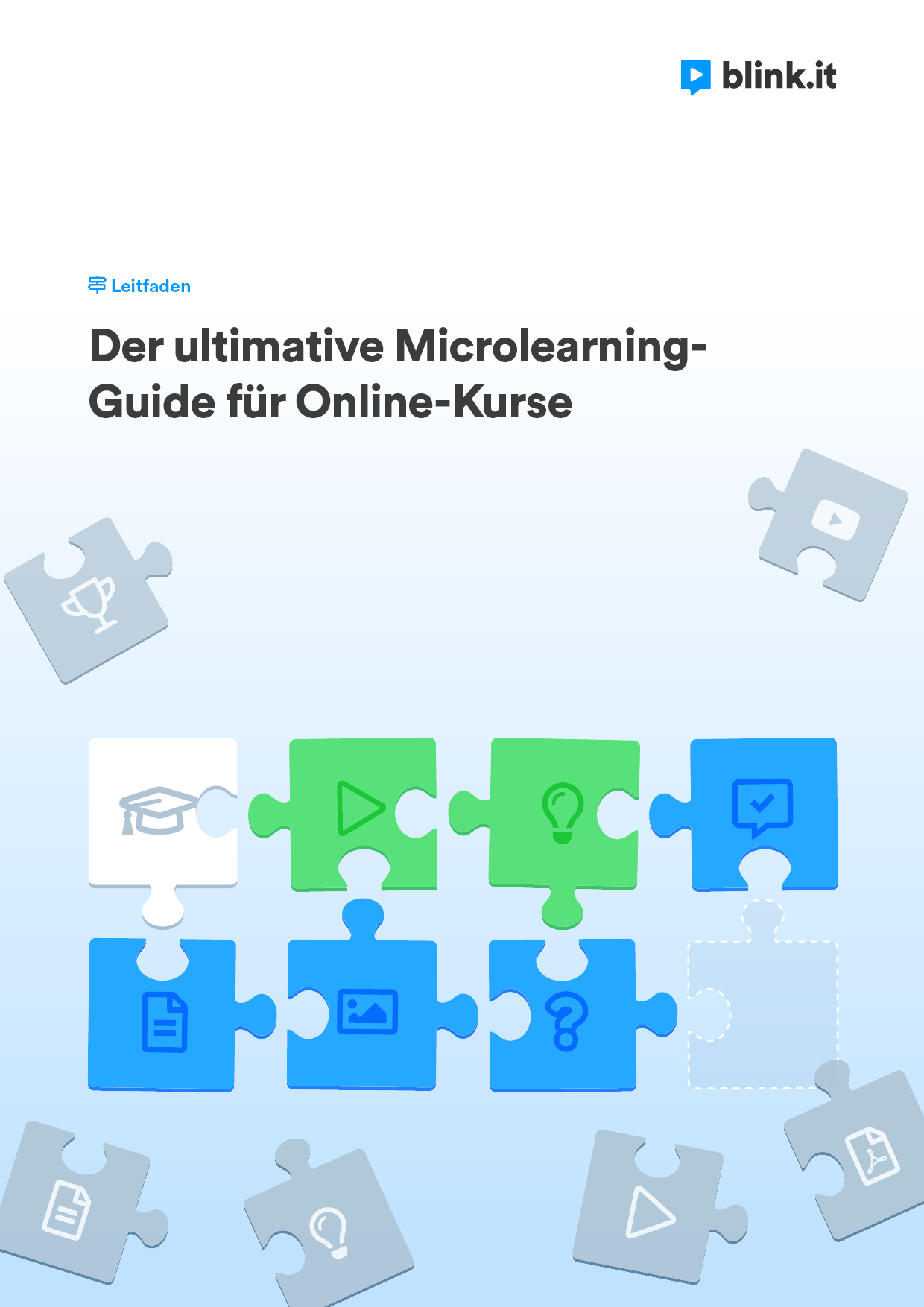For lifelong learning, the learning strategy is crucial! A study with students shows which strategy really leads to sustainable learning. But can this learning strategy also be applied to adults?
What exactly are learning strategies?
Simply put, a learning strategy is anything you do to remember new knowledge as effectively as possible. Every person has such individual learning strategies, regardless of whether they are a child or an adult. The right learning strategies are the foundation for lifelong learning, from kindergarten to professional development.
Which learning strategy really works?
A study on students demonstrated twenty years ago: Certain learning strategies can greatly improve learning success! In this study, a distinction was made between two important learning strategies:
Surface strategies are what is traditionally recommended by parents and teachers: “Read the text a few times, highlight the most important parts with a marker, and just memorize it!” – Who doesn’t know that?
Deep strategies aim to find connections in the learning content and transfer them to other areas. This includes, among other things, reproducing the content in your own words or transforming it into another form, such as drawing a sketch related to the content of a text.
Results of the student study: Deep strategies achieve higher learning success!
When reading texts, the choice of learning strategy has a significant impact on learning success: Students who independently apply more deep strategies can recall significantly more content from the text. Additionally, these students are better able to integrate new knowledge into their prior knowledge than students with surface learning strategies.
The graphic shows the success of both learning strategies across various content areas from the text that the students worked on.

Results of the study: Students with many deep strategies learn more and better than students with surface learning strategies.
The right learning strategy for adults?
Students learn better with deep strategies. But can this also be transferred to learning in adults?
I think: Certainly! Learning is a lifelong process, and we do not only apply such learning strategies in school but also in adulthood.
In professional adult education, as a trainer or coach, you have a variety of ways to support deep learning strategies for adults:
Specifically build on the knowledge that your participants already have from their work experience and that they need daily.
Offer your participants various content instead of just texts and images: For example, encourage them with videos and practical exercises to integrate new knowledge into their professional context.
Motivate your participants to create sketches or mind maps to spark connections between different topics.
…and so on!
While learning strategies are individual and ultimately everyone learns in their slightly unique way best – in my view, age, whether student or adult, does not significantly affect the success of the learning strategy.
I tend to think: Thus, adults can learn lifelong learning from children and find their suitable learning strategy.
What do you think about the topic: Do adults learn better with deep strategies just like children? Or are there indeed specific learning strategies for adults? Please share your opinions and ideas in the comments – I am looking forward to it! 😀







